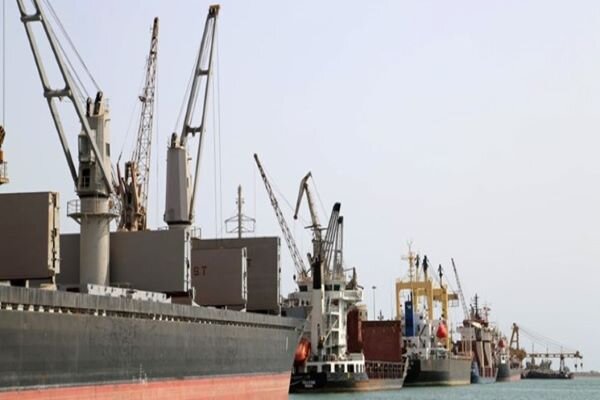On Sunday, the first ship carrying fuel for power stations and plants arrived in Al-Hudaidah, almost a day after the truce between warring factions took effect.
Saudi Arabia and a number of its regional allies — particularly the United Arab Emirates (UAE) — launched the brutal war against Yemen in March 2015. The war was meant to eliminate Yemen’s popular Houthi Ansarullah movement and reinstall a former regime.
The conflict, accompanied by the tight siege, has failed to reach its goals, killing hundreds of thousands of Yemeni people. Under the siege, the Saudi-led coalition has been preventing much-needed fuel shipments from reaching Yemen.
According to the UN Office for Humanitarian Coordination (OCHA), more than 23 million, out of 31.9 million people in Yemen, face hunger, disease, and other life-threatening risks as the country’s basic services and economy are collapsing.
In recent months, Riyadh and Abu Dhabi have escalated their airstrikes across Yemen, and in response, have been targeted by the Yemeni forces in several retaliatory drone and missile attacks.
UN Special Envoy for Yemen Hans Grundberg announced on Friday that the two warring sides had agreed to a ceasefire, which went into effect on Saturday.
The truce, however, was breached many times by the Saudi-led coalition.
RHM/FNA14010116000239


























Your Comment